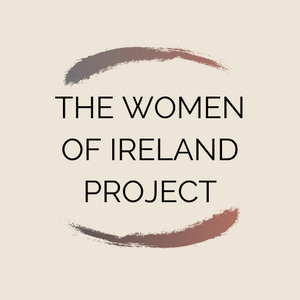
Precedentemente finanziato
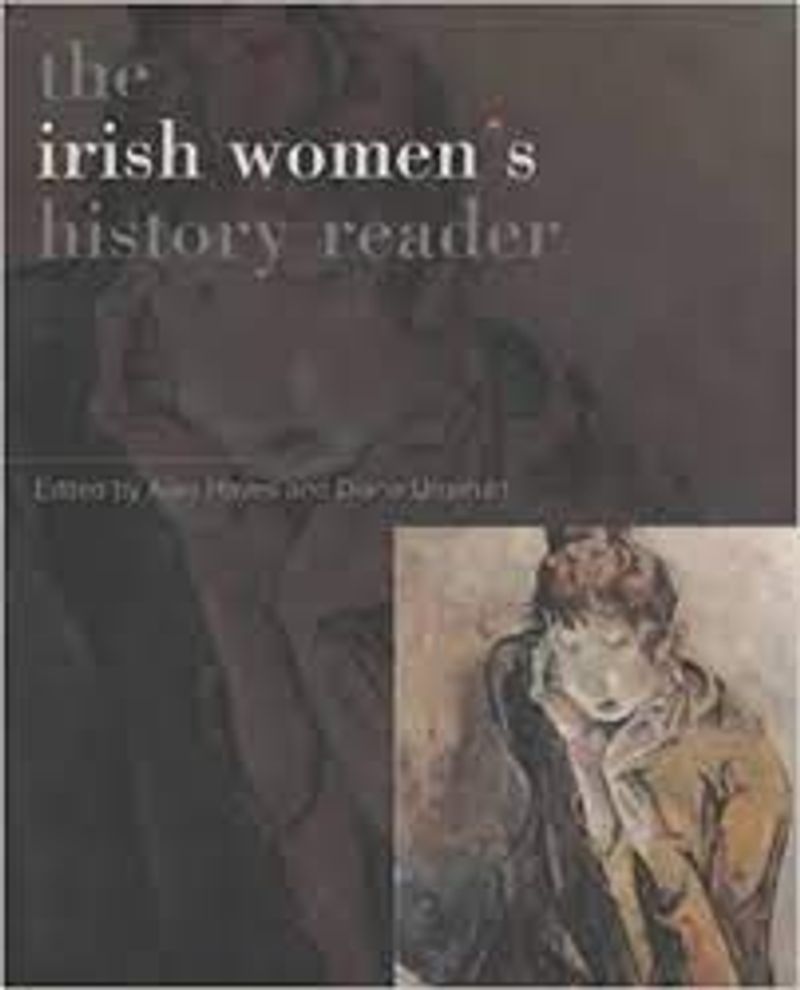
Book: The Irish Women's History Reader
Finanziato da [email protected]
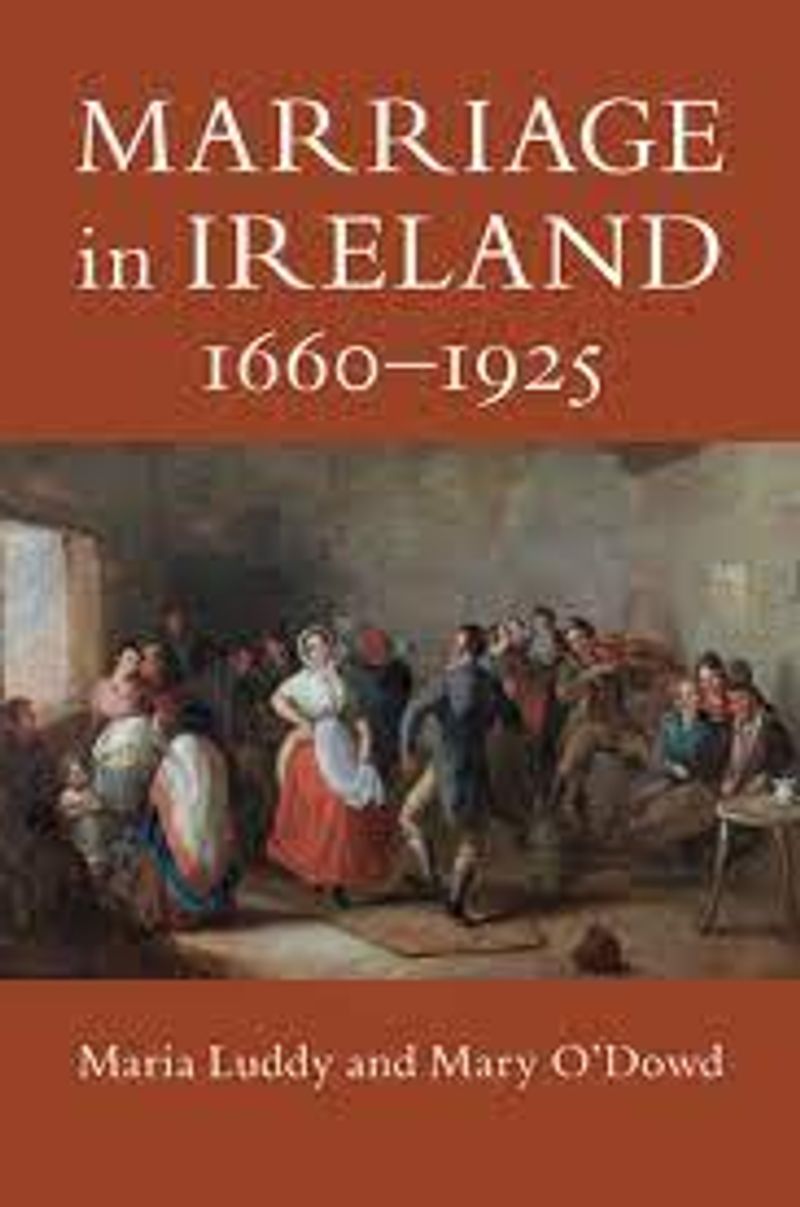
Book: Marriage in Ireland, 1660–1925
Finanziato da maoliosa kelly
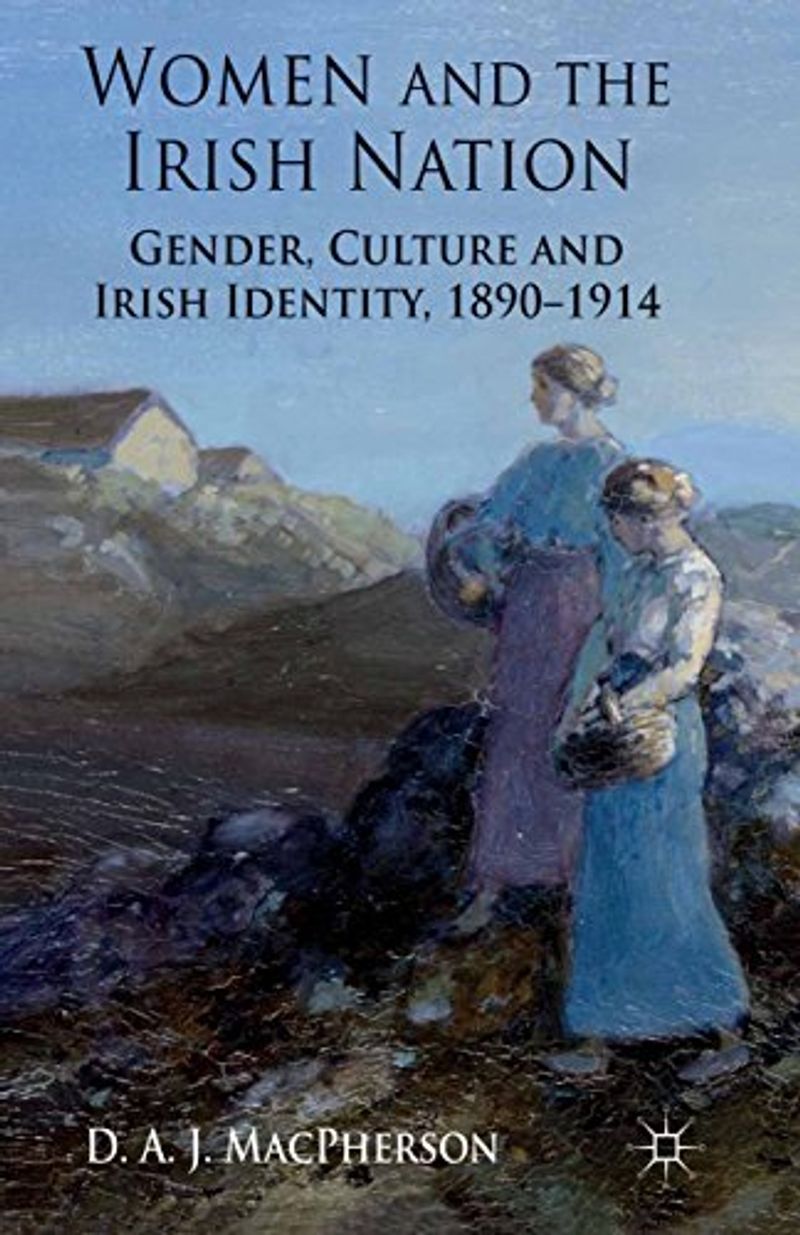
Book: Women and the Irish Nation: Gender, Culture and Irish Identity, 1890-1914
Finanziato da [email protected]
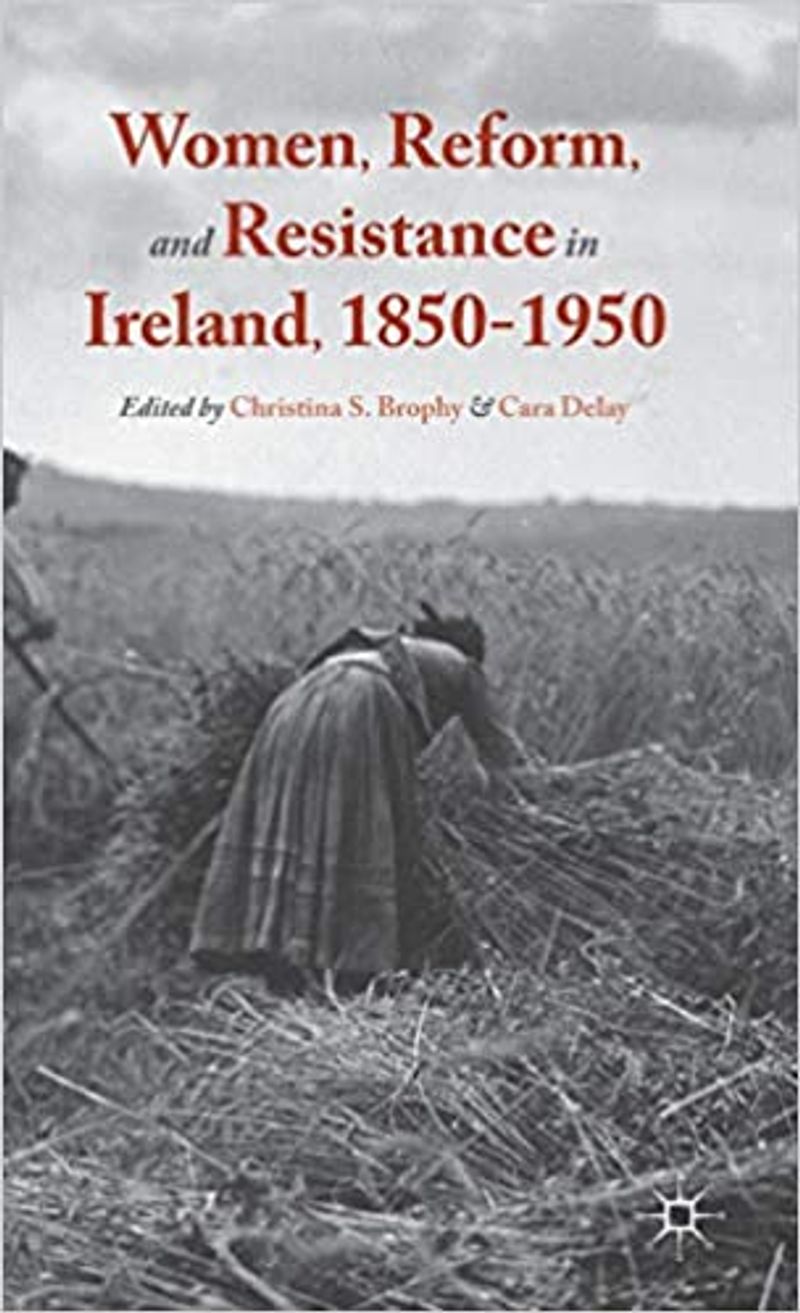
Book: Women, Reform, and Resistance in Ireland, 1850–1950
Finanziato da Someone
